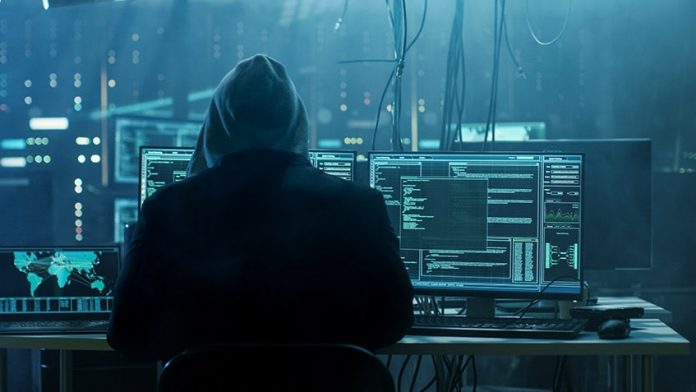One trend we are seeing increase in the past few years is the number of people who change their line of profession. Engineers do comprehensive four-year degrees studying technical subjects only to apply for an MBA course or prepare for IAS exams. MBBS graduates are becoming pharma industry executives and students of humanities are trying to learn digital marketing.
The cases where students study something and end up doing something completely different have increased. Why is this problem becoming so widespread?
For one, students are misestimating their fields of study. For example, if you’re applying for a B. Tech in mechanical engineering and think you’ll be designing F1 cars in ten years, you are dead wrong. Fields have changed and traditional roles have subverted.
This brings to ethical hacking. There are many students who take up ethical hacking every single year. They either join a full-time course at a good ethical hacking institute or simply learn about the field online. Whatever is the case, there are many students who study ethical hacking that don’t end up joining the field as cyber security professionals. This is partly because they never really understand the roles and responsibilities of a typical ethical hacker. Due to this, they are never able to get a job in the cybersecurity field. Even if they do get a job, they are not able to survive in the position as they’ve never really prepared to execute the typical roles and responsibilities of an ethical hacker.
In this article, we help students still studying ethical hacking learn the roles and responsibilities of a typical cybersecurity professional.
Ethical Hacker – Roles and Responsibilities
The roles and responsibilities of a typical ethical hacker have been listed below –
- Create a process which details how penetration testing will take place in order to assess the vulnerabilities in a digital system and the data at risk
- Create reports based on findings of the penetration testing processes and hand them over to the convened person of authority
- Develop monitoring tools which help the executives at a company monitor the security of their systems
- Assess the different hardware and software entities which may be at risk during a cyber attack
- Work with developers to create a cyber system free of weak points and vulnerabilities
- Stay updated with new techniques used by black hat hackers to bypass digital systems
- Educate the people at the company to be wary of social engineering attempts made by hackers
In Conclusion
In conclusion, this article covers the roles and responsibilities of a typical ethical hacker. Those learning about cybersecurity at an ethical hacking course in Delhi should take the points made in the article carefully.

































